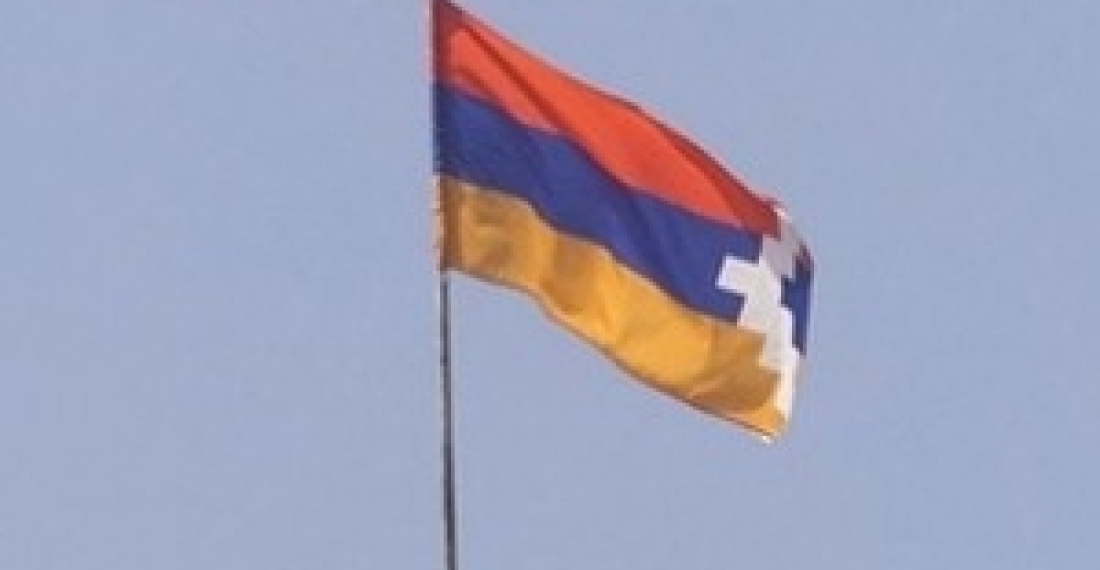"We do not agree with some political experts saying that the negotiations have faced a deadlock and it is necessary to change the format of the OSCE Minsk Group etc.
The Minsk Group is fulfilling its mission, while all the problems in the negotiation process are due to Azerbaijan's fault. That country has never tried to search for compromises and has always used the negotiation process for its anti-Armenian propaganda," Vasily Atajanyan, Acting Foreign Minister of the Nagorno-Karabakh Republic, said in an interview with Vestnik TV program of the Russian Service of the NKR Public Television.
According to ArmInfo's correspondent to Stepanakert, V. Atajanyan said that in 2011 the foreign political course of the NKR intensified mostly due to the NKR president's visits to Europe and USA where he introduced the essence of the Karabakh conflict and the peace process to parliamentarians and other officials. The acting minister stressed the role of the permanent representations and diplomatic missions of NKR at foreign organization in meeting the present-day challenges.
Asked about the necessity of confidence building measures for the conflicting parties, Atajanyan said that Azerbaijan has always ignored these measures, unlike Armenia and Artsakh that have been raising that issue from the very beginning of the negotiation process. For instance, he said, Baku categorically rejected the suggestion to remove snipers from the line of contact of the NKR and Azerbaijan armed forces as well as request to increase financing of the OSCE CIO PR Office to inquiry into the incidents on the line of the contact.
As for the so-called "inter-community" dialogue, Vasily Atajanyan said, it threatens the entire negotiation process. "One can see here Turkey's scenario towards the Cyprian problem. And Azerbaijan tries to turn the negotiations into an inter-community settlement process. We will never agree with such format," he said. The status of the NKR cannot be lower than it actually is, he said, and the resolution should start with determination of NKR's status.







